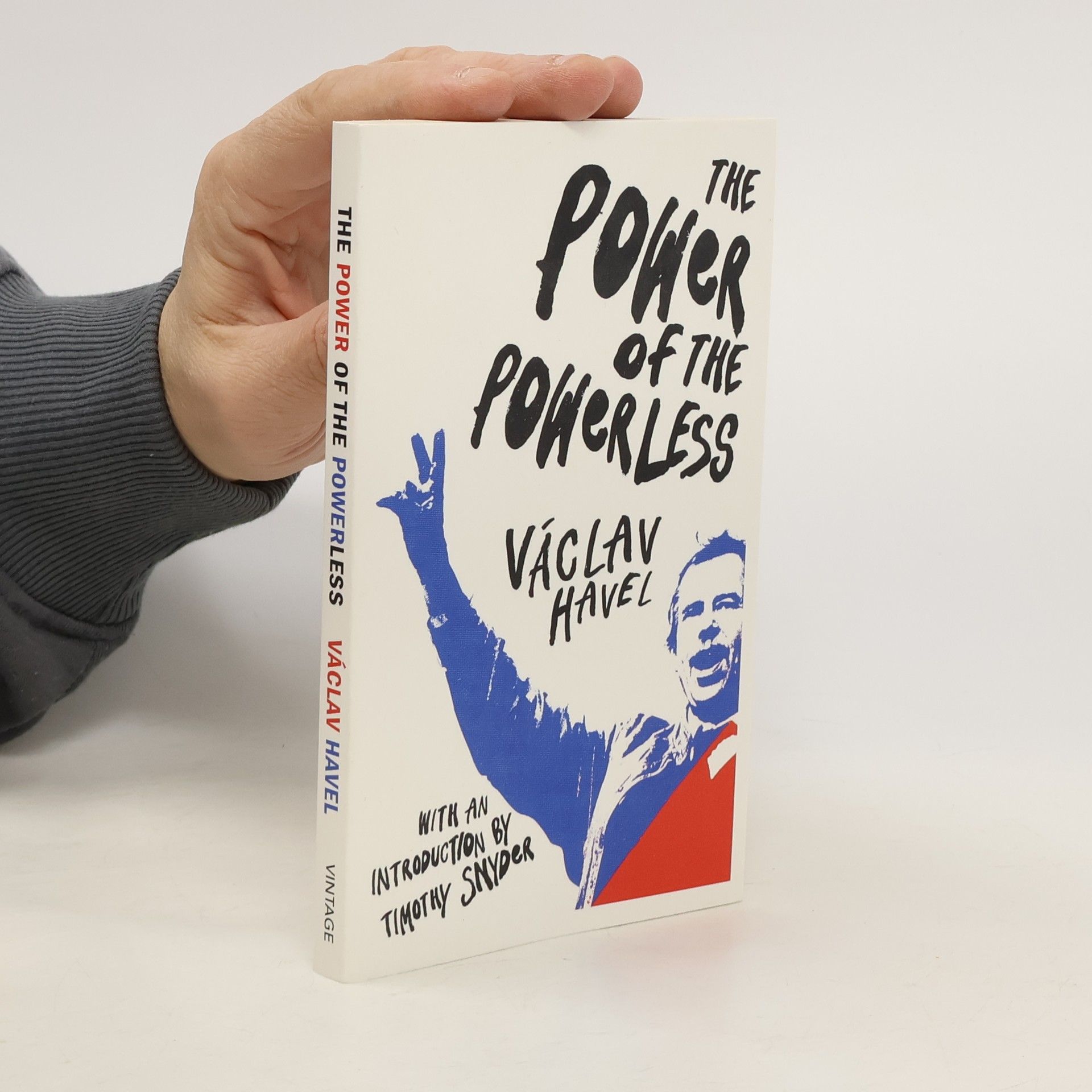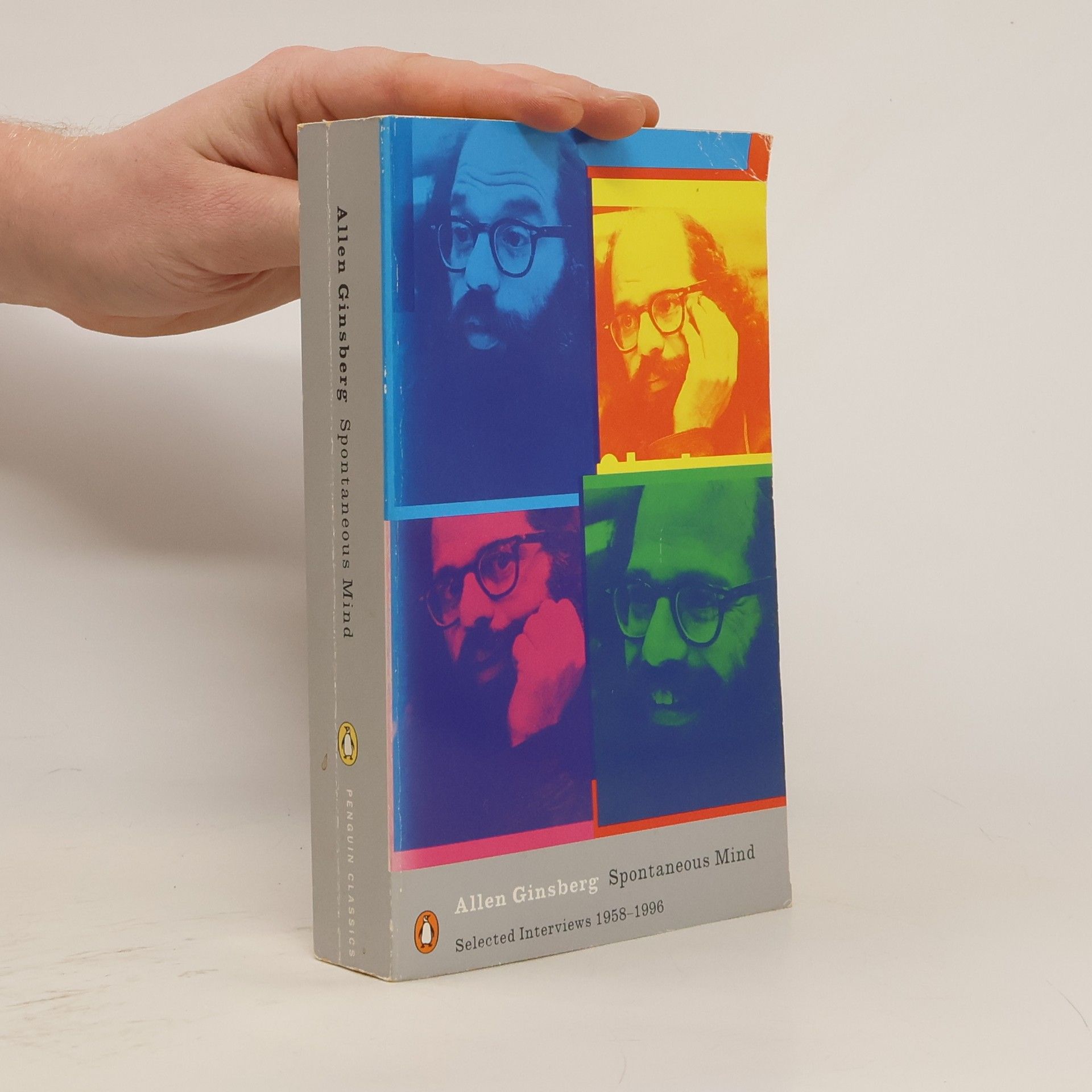Václav Havel Libri
Václav Havel fu un profondo pensatore le cui opere, principalmente opere teatrali e saggi, approfondiscono l'assurdità del potere e la ricerca esistenziale di verità e libertà. I suoi scritti, tradotti a livello internazionale, svelano spesso gli insidiosi meccanismi dell'oppressione, evidenziando la resilienza dello spirito umano e il coraggio necessario per resistere. La produzione letteraria di Havel e il suo impegno per i diritti umani lo hanno consacrato come una voce morale significativa, a sostegno dell'integrità e della dignità personale di fronte al controllo sistemico. La sua eredità continua a ispirare una riflessione critica sulla responsabilità e sulla ricerca della libertà autentica.
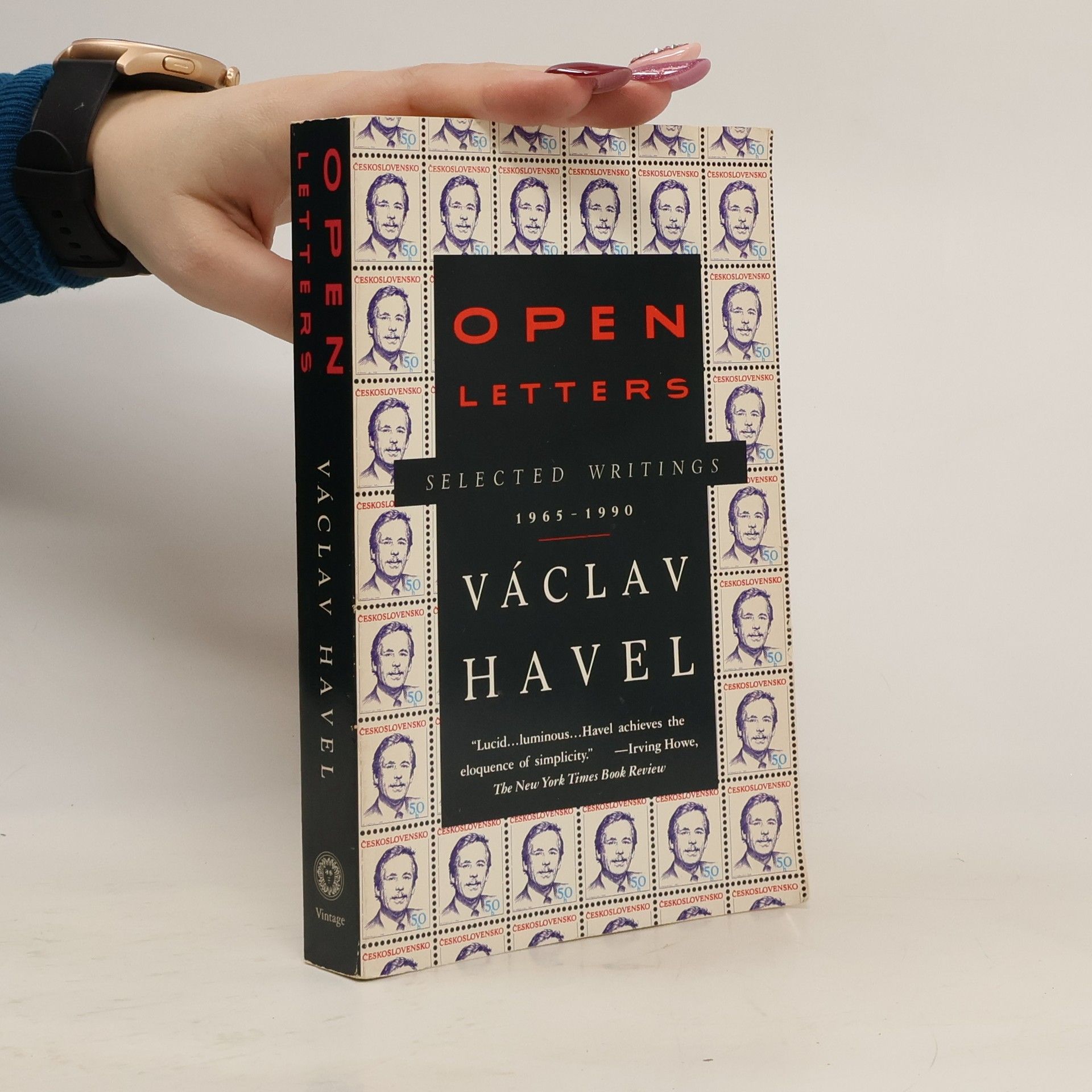
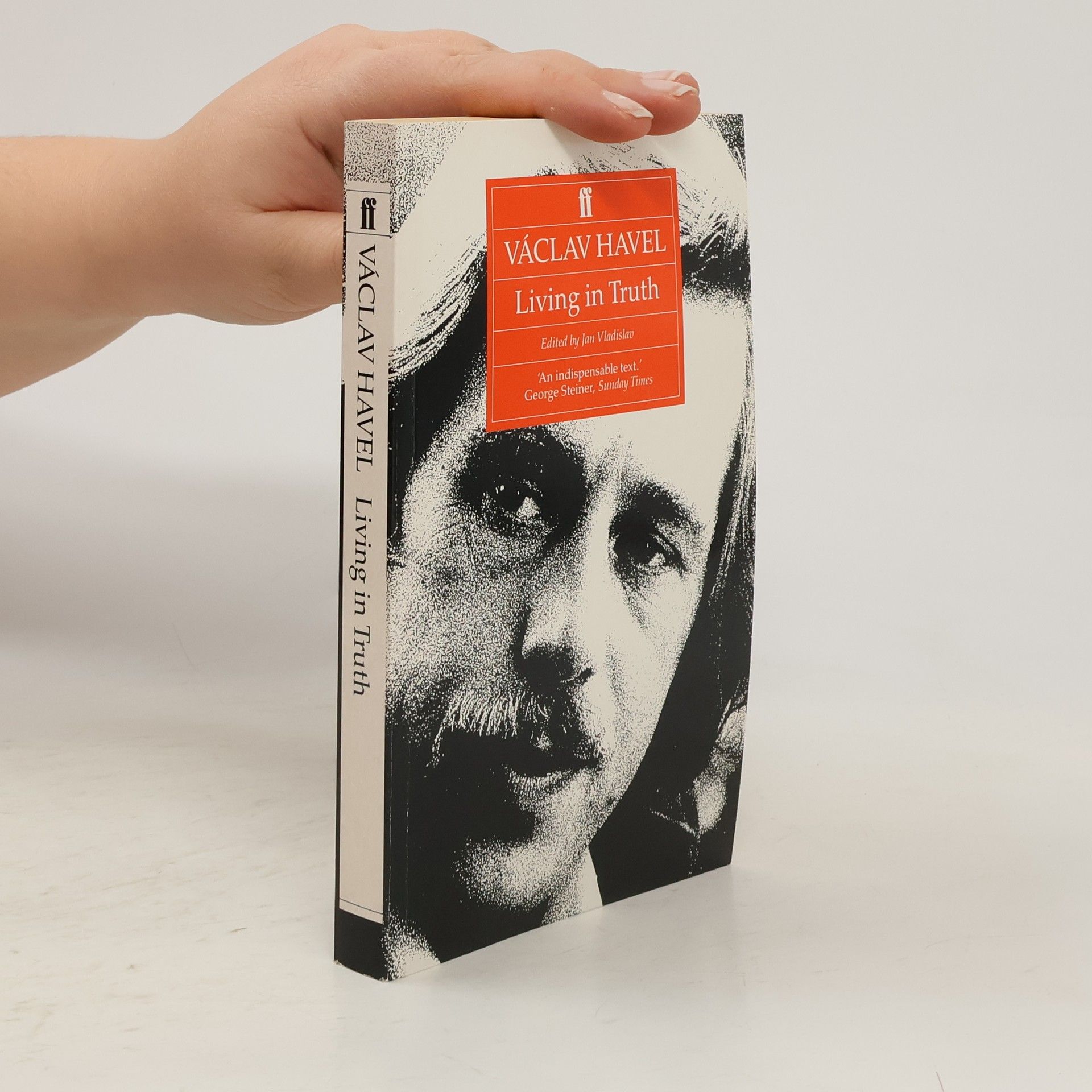
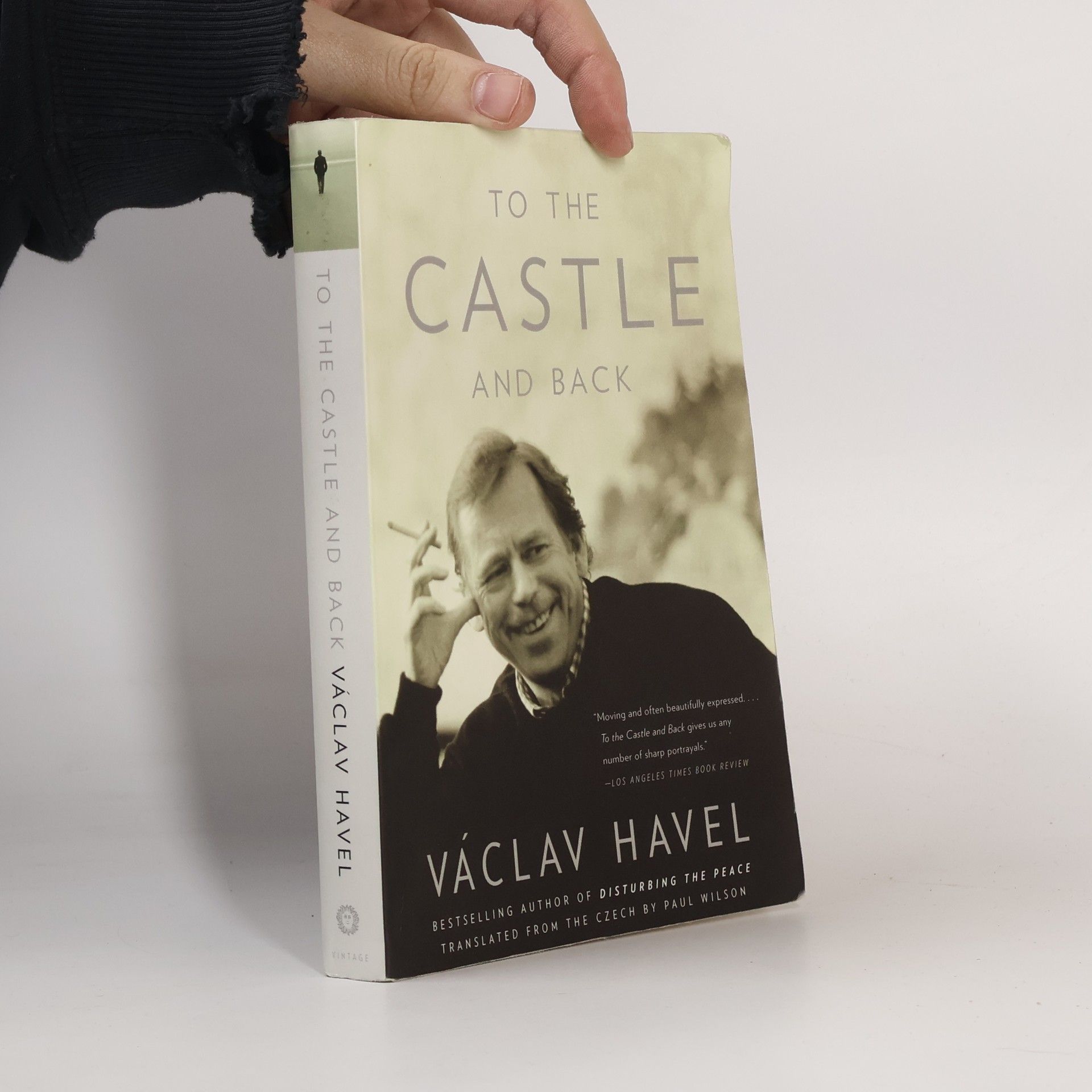

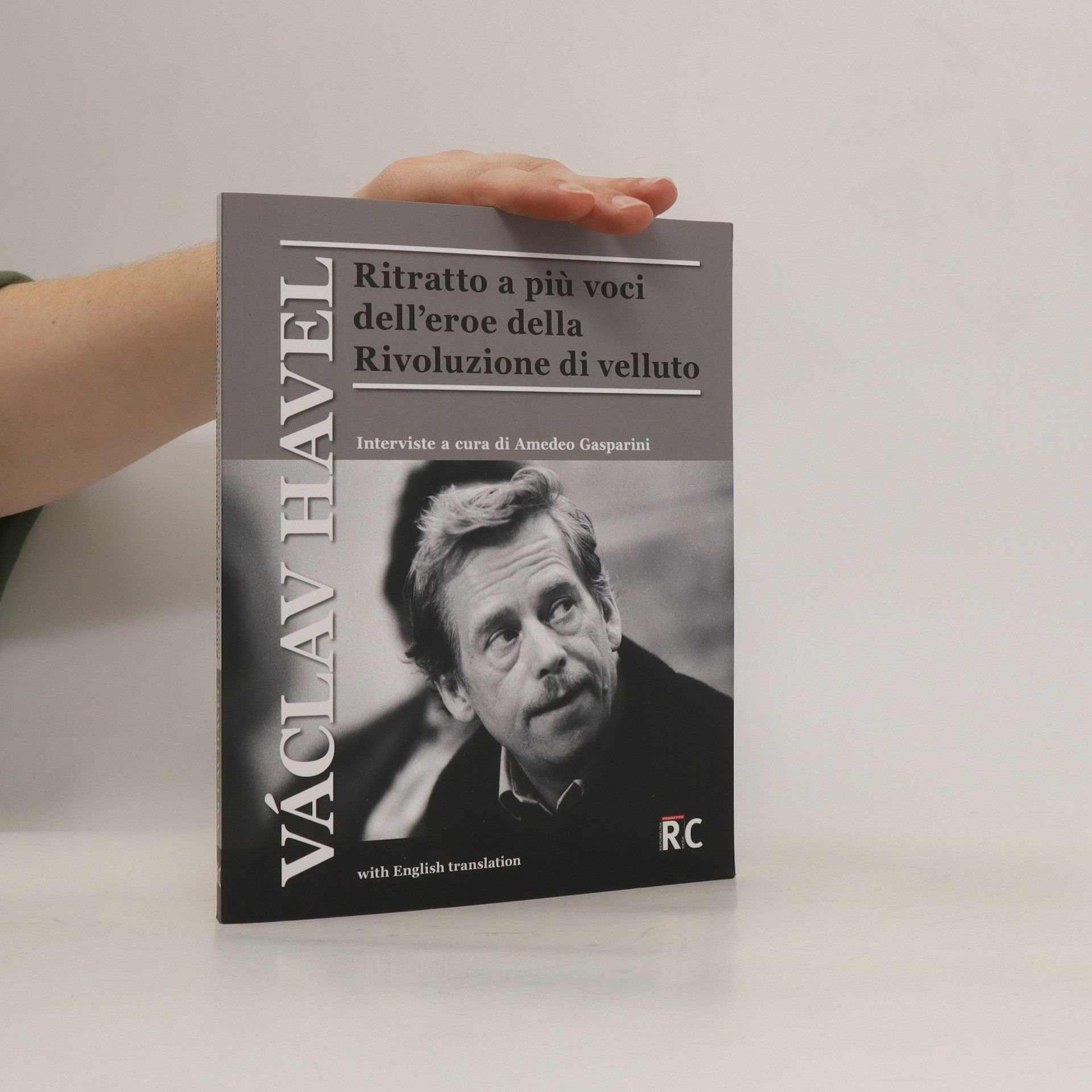
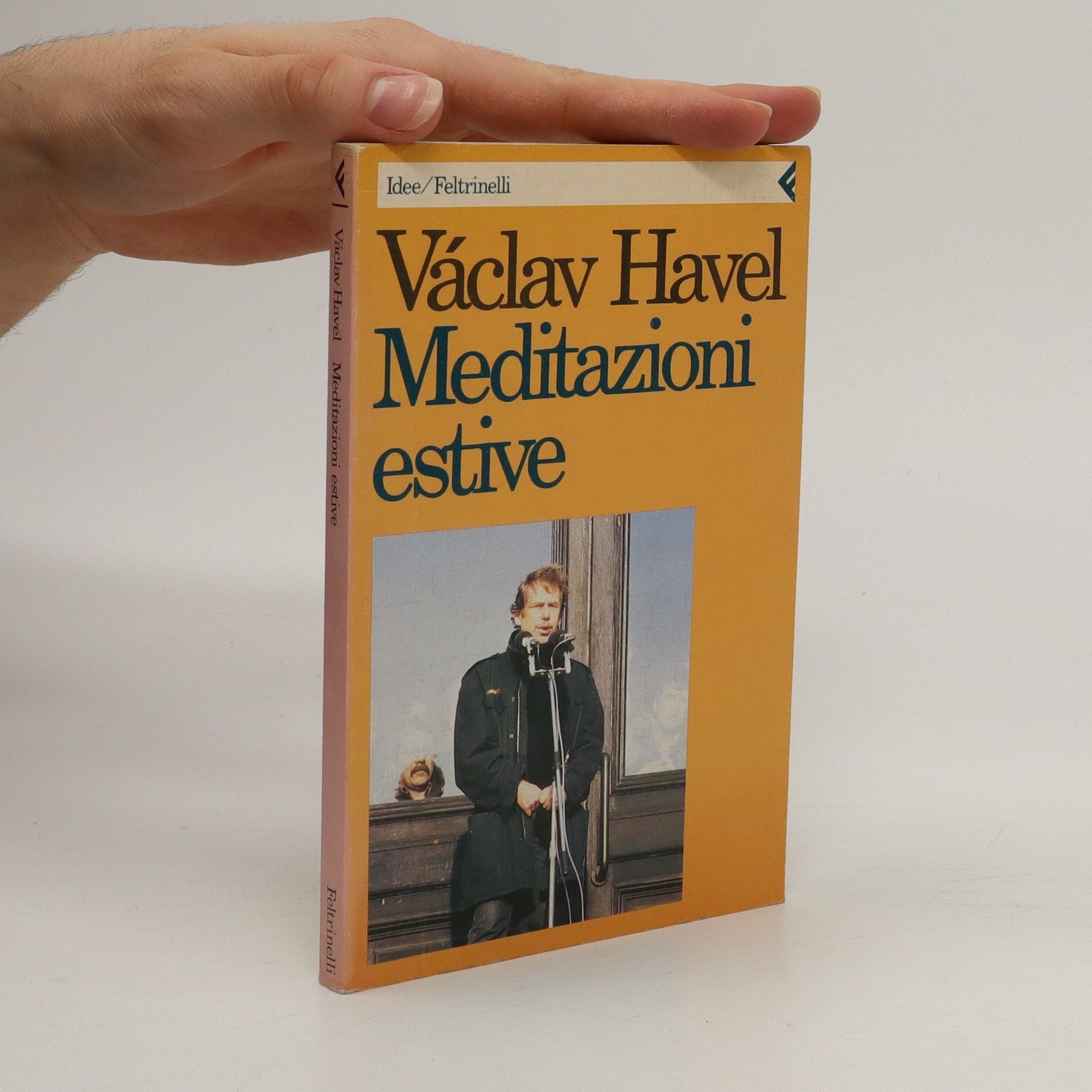
Il mondo largo
- 106pagine
- 4 ore di lettura
Quando si discute di globalizzazione, emergono atteggiamenti contrastanti: da un lato opportunità e crescita, dall'altro oppressione e mercificazione. Questo fenomeno suscita dibattiti tra studiosi e cittadini, generando sia speranze che timori. È davvero nuovo, o rappresenta una sfida rinnovata alla conoscenza e al progresso, simile a rivoluzioni passate? Se non è innovativo, come possiamo garantire che i benefici siano equamente distribuiti tra i popoli? Il mondo si sta espandendo: commerci, relazioni economiche, politiche e culturali si intrecciano, portando con sé valori e aspirazioni. Tuttavia, sorgono interrogativi su cosa non funzioni in questo processo e su cosa debba essere corretto. È giusto fermare l'espansione o continuare a promuoverla? Le lezioni raccolte nella Sala Zuccari di Palazzo Giustiniani affrontano queste tematiche, presentando contributi di figure di spicco come Giovanni Agnelli, Henry Kissinger, Václav Havel, Valéry Giscard d’Estaing, Bill Gates e Bernard Lewis. Insieme, offrono una prospettiva preziosa e originale sul fenomeno della globalizzazione, esplorando le sue dimensioni economiche, politiche, culturali e storiche.
To the Castle and back
- 383pagine
- 14 ore di lettura
From the former president of the Czech Republic comes this first-hand account of his years in office and the transition to democracy following the fall of Communism. A renowned playwright, Václav Havel became one of Czechoslovakia's most prominent dissidents under Communist rule – and the president after the Velvet Revolution, making him a key player in European politics. Here we see first-hand the challenges of creating a new government, tempered with Havel's revealing insights into the difficulties posed by an era of increased globalization and conflict. He discusses not only the situation in his own country, but also such pressing issues as the future of the European Union, the war in Iraq, and the role of the United States in contemporary affairs. Written with an eye towards both the political and the personal and a witty, well-honed eloquence, To the Castle and Back is a rare glimpse into the minds of one of the most important political figures of modern times.
Gathers essays by the Czech playwright, and includes writings by other authors in his honor."
Spanning twenty-five years, this historic collection of writings shows Vaclav Havel's evolution from a modestly known playwright who had the courage to advise and criticize Czechoslovakia's leaders to a newly elected president whose first address to his fellow citizens begins, "I assume you did not propose me for this office so that I, too, would lie to you." Some of the pieces in Open Letters, such as "Dear Dr. Husak" and the essay "The Power of the Powerless," are by now almost legendary for their influence on a generation of Eastern European dissidents; others, such as some of Havel's prison correspondence and his private letter to Alexander Dubcek, appear in English for the first time. All of them bear the unmistakable imprint of Havel's intellectual rigor, moral conviction, and unassuming eloquence, while standing as important additions to the world's literature of conscience.
Obrazová publikace sleduje spolupráci prezidenta Havla a jeho hradního architekta B. Šípka v letech 1992 - 2002 při úpravách Pražského hradu.
This collection of plays includes "The Garden Party", "The Memorandum", "The Increased Difficulty of Concentration" and "Mistake".
the Power of the Powerless
- 176pagine
- 7 ore di lettura
Václav Havel’s remarkable and rousing essay on the tyranny of apathy, with a new introduction by Timothy Snyder Cowed by life under Communist Party rule, a greengrocer hangs a placard in their shop window: Workers of the world, unite! Is it a sign of the grocer’s unerring ideology? Or a symbol of the lies we perform to protect ourselves? Written in 1978, Václav Havel’s meditation on political dissent – the rituals of its suppression, and the sparks that re-ignite it – would prove the guiding manifesto for uniting Solidarity movements across the Soviet Union. A portrait of activism in the face of falsehood and intimidation, The Power of the Powerless remains a rousing call against the allure of apathy. 'Havel’s diagnosis of political pathologies has a special resonance in the age of Trump' Pankaj Mishra
Far from merely paying respect to a man proclaimed as one of the key figures of twentieth-century American literary and cultural history, this volume provocatively recreates the impassioned voice of Ginsberg as man, poet, revolutionary and political activist. Always witty and engaging, this collection of interviews from throughout Ginsberg's career reveals his attitudes towards poetry and drugs, his literary influences and personal relationships.


